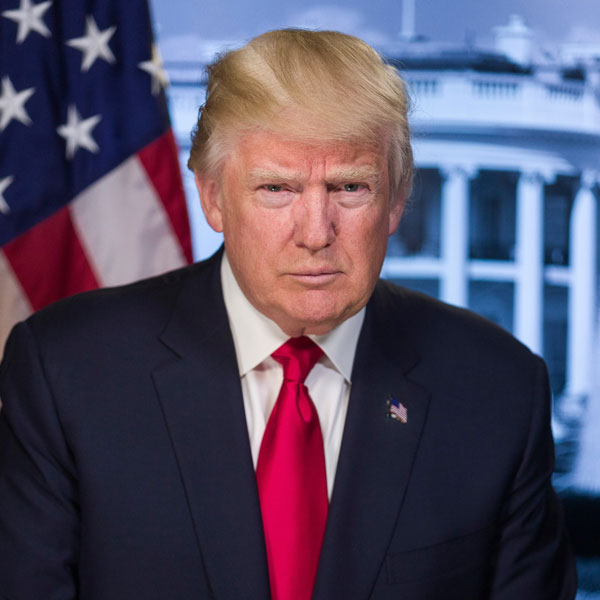The effects Trump’s second election entail for international students

[Portrait of President-elect Donald Trump. Photo Credit to Unsplash]
As Donald Trump secures a second term as president in the 2024 election, international students around the world are bracing for potential changes that could impact their education, immigration status, and prospects in the United States.
Presidential elections were held in the United States on November 5, 2024.
Receiving more than 62 million votes nationwide, Trump was elected as the 47th president of the United States.
President Trump’s first presidential term entailed various decisions that resulted in varying consequences for international students.
Trump proposed several policies during his presidential election campaigns.
First, Trump intends to implement policies aimed at limiting the number of immigrants residing in the U.S.
Specifically, he seeks to remove “as many as 20 million” undocumented immigrants from the US.
However, Trump’s stance towards legal migration, particularly those for graduates of US universities appears more conciliatory.
He proposed granting green cards to every graduate, enabling them to temporarily stay in the country.
Trump said, “[If] you graduate from a college, I think you should get automatically as part of your diploma a green card to be able to stay in this country and that includes junior colleges too.”
Despite these promising remarks, international students still remain uncertain.
The administration has mentioned the possibility of a reduction in the number of student visas as well as the introduction of further stringent procedures for foreign students.
Given that many international students depend on student visas to attend and engage in American education, such policies have sparked worries about their future in the country.
Specifically, unpredictability surrounding visa approval processes is likely to cause immense change in the academic realms and heighten anxiety among international students who plan on studying in the U.S.
Perhaps the most significant impact on the number of international students in the US, however, may not originate from the execution of a particular policy choice, but rather from how the Trump administration and the US, in general, are perceived in the years to come.
Beyond policy, the broader cultural climate significantly influences the shaping of the international student experience.
During Trump’s first term, increased reports of xenophobia and anti-immigrant rhetoric left many international students feeling isolated.
According to a report by the Institute of Foreign Education, personal safety concerns were one of the main causes of the decline in foreign student enrollments between 2016 and 2020.
A 2019 graduate from a U.S. college noted, "It wasn't just about the policies—it was the tone of the country… You begin to wonder if this is the right place for you to build your future."
This highlights that international students' decisions to pursue their international education are heavily influenced by the external social and cultural environments of the U.S.
International students now face a challenging and exciting environment as Trump's second term gets underway.
As Trump's second term begins, the road ahead for international students is marked by both challenges and possibilities.
While policies granting green cards may be beneficial, remaining uncertainties surrounding visas and the cultural inclusion of international students leave the future highly ambiguous.

- Chaehyeon An / Grade 11
- Chadwick International School

![THE HERALD STUDENT REPORTERS [US]](/assets/images/logo_student_us.png)
![THE HERALD STUDENT REPORTERS [Canada]](/assets/images/logo_student_ca.png)
